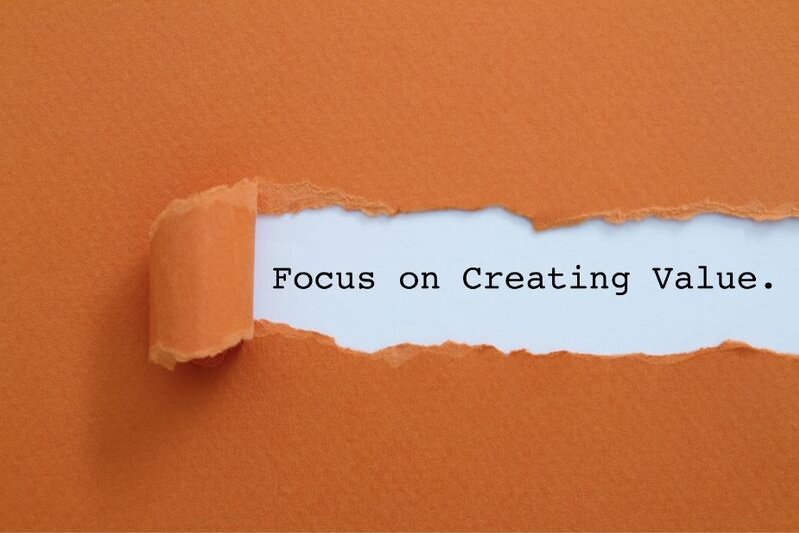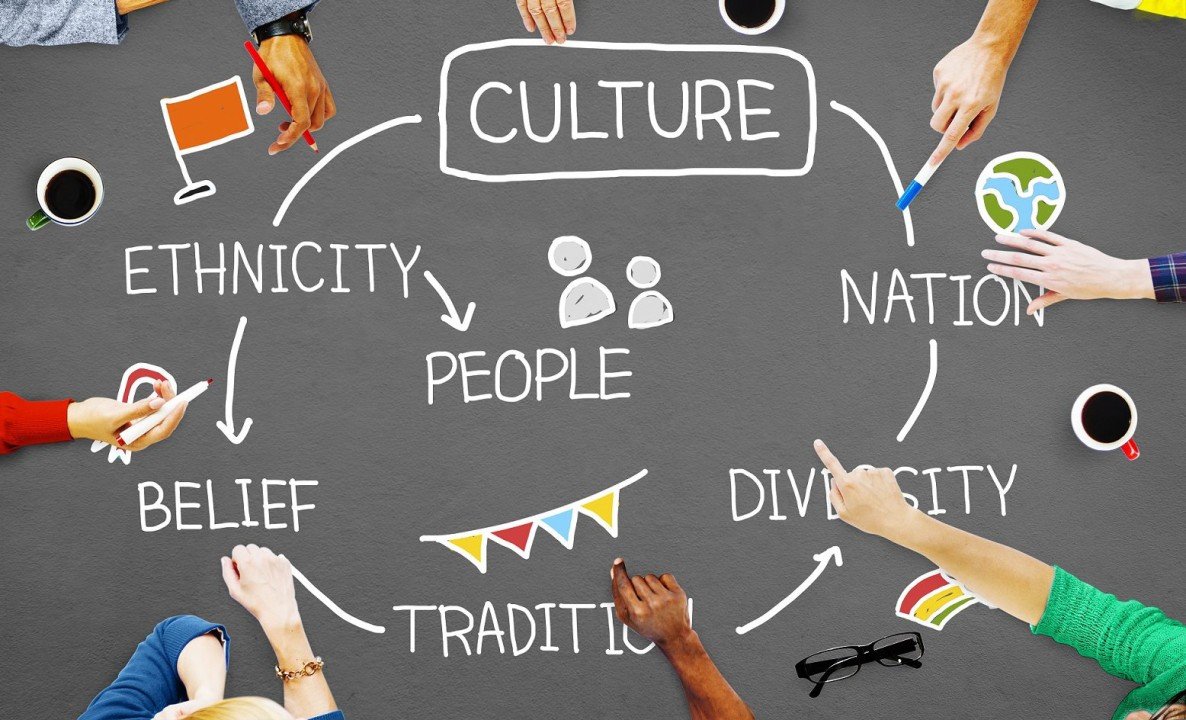10 mindsets of mentally strong people
They don’t fear being alone as solitude can be a superpower.
They don’t dwell on the past, they focus on staying present.
They don’t believe life owes them anything, they take ownership of their path.
They don’t waste energy worrying about what others think, they stay in their own lane.
They don’t indulge in self-pity, they choose action over victimhood.
They don’t obsess over what they can’t control, they focus on what they can influence.
They don’t resent other people’s success, they see it as a positive-sum game.
They don’t shy away from responsibility, they know the price of greatness is responsibility.
They don’t give up, resilience is their habit.
They don’t fear hard times, they see them as opportunities for growth.
Which of these practices speaks to you the most right now?





















